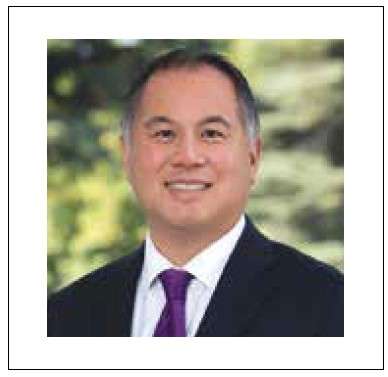
By Assemblymember Phil Ting–
In midst of COVID-19, another virus has emerged as a public health threat: monkeypox. Three weeks into August, there were nearly 15,000 confirmed cases in the United States with California accounting for almost 20%. Los Angeles and San Francisco are seeing the highest infection rates in the state.
While data from the Centers for Disease Control indicates the monkeypox virus (MPV) is disproportionally impacting gay and bisexual men, it is important to note it’s not a “gay disease.” Anyone can contract the virus, as it is transmitted from one person to another by close physical contact with infectious sores, body fluids, respiratory droplets, and contaminated materials.
Once infected, monkeypox, which is rarely fatal, can initially present as a common flu. Early symptoms appear after one to two weeks of exposure and include headaches, fatigue, and a fever. The most distinct symptom is an itchy rash, which typically appears one to three days after the appearance of flu-like symptoms.
Fortunately, our experience with the recent pandemic can help guide our response to the monkeypox outbreak. Vaccines are key to stopping the spread, but supply has been an issue. As a result of the Biden administration declaring a public health emergency over monkeypox, federal agencies now have the power to quickly direct money toward developing and evaluating vaccines and drugs, access emergency funding, and hire additional workers to help manage the rising caseload.
On the state level, the Legislature is considering ways to ramp up California’s own response, including more funding for resources. We hope to approve impactful measures by the end of the month. Governor Gavin Newsom, too, has declared a state of emergency, increasing the distribution of monkeypox vaccines to local public health departments. The declaration also expands outreach and education about the MPV and ways to limit its spread.
Local actions are just as important. San Francisco officials announced a local public health emergency a month ago to strengthen the city’s response, which expedites and streamlines the availability of resources. So far, the city has received approximately 23,000 doses of the Jynneos vaccine from the federal stockpile and it is only available to the following people who live and work in San Francisco:
If you have had a smallpox vaccine within the last three years, you are likely also protected from monkeypox, as the viruses are similar.
For the latest information about vaccines in San Francisco, please visit the city’s website on monkeypox: https://tinyurl.com/nswh5ucn
Stay safe as we take urgent steps to address our public health emergencies.
Phil Ting represents the 19th Assembly District, which includes the Westside of San Francisco and portions of South San Francisco along with the communities of Broadmoor, Colma, and Daly City.
Published on August 25, 2022
Recent Comments